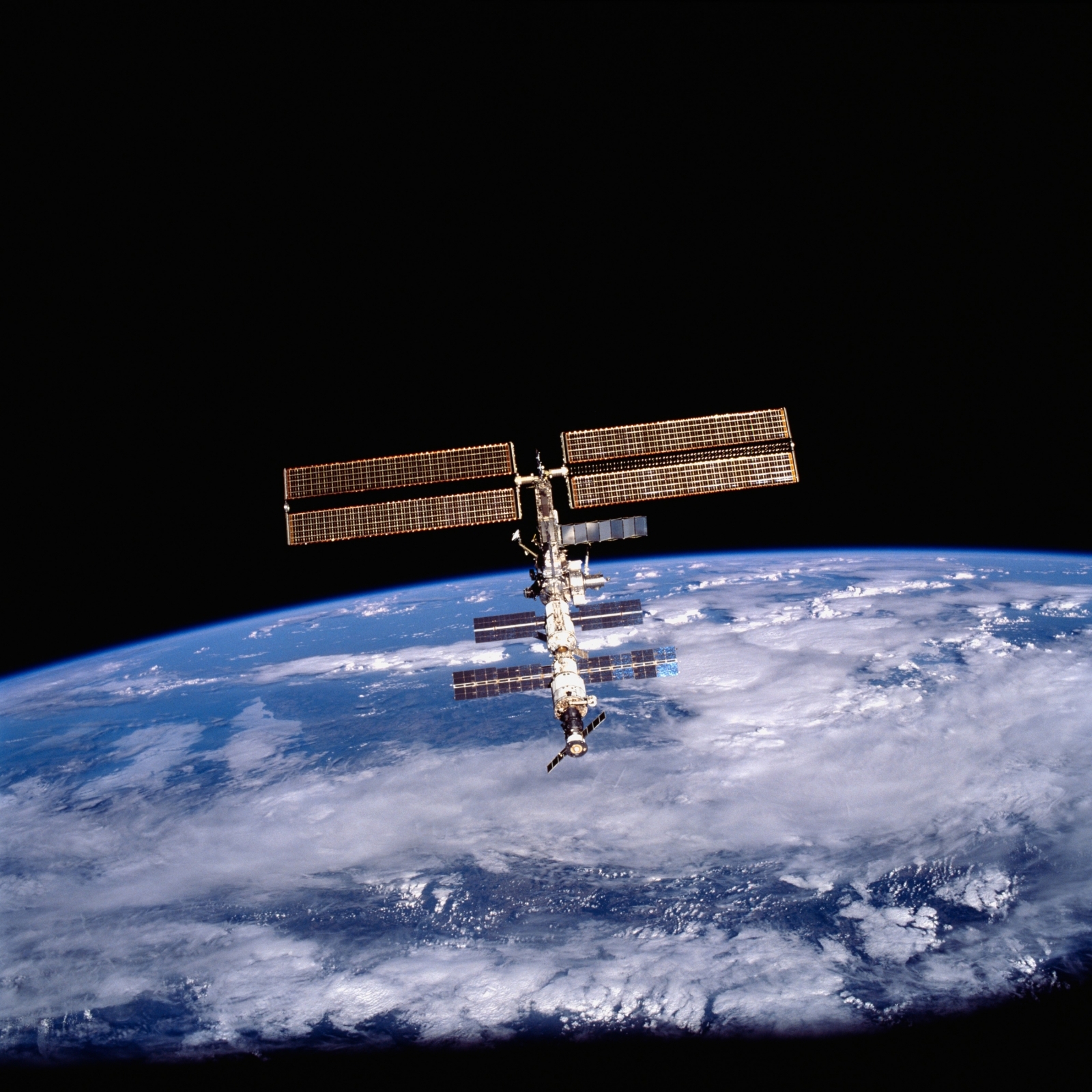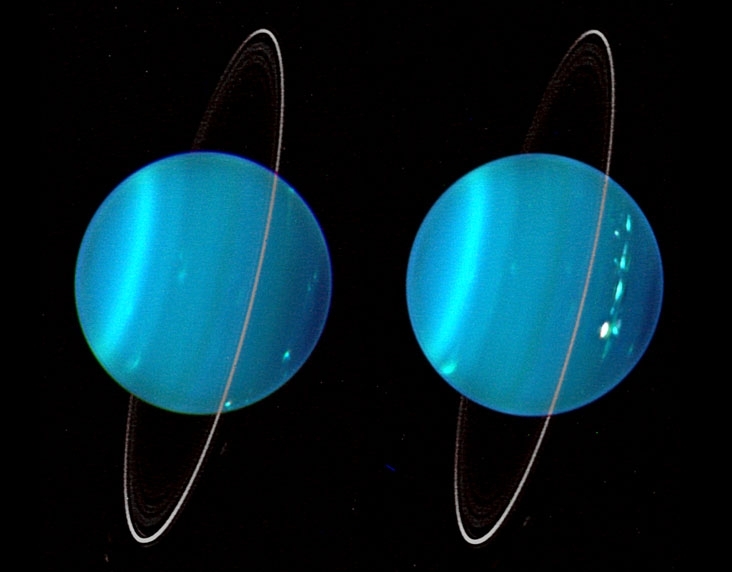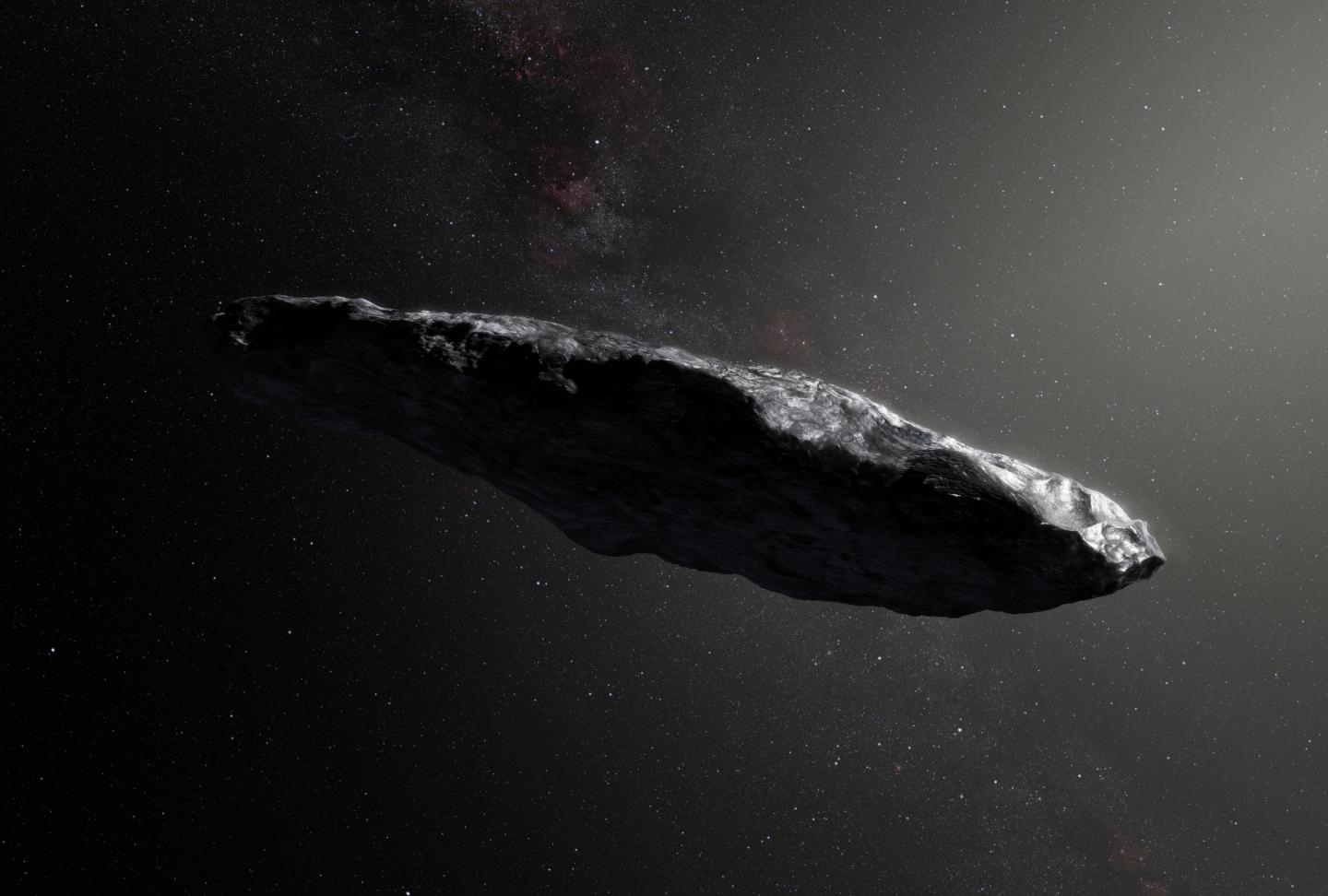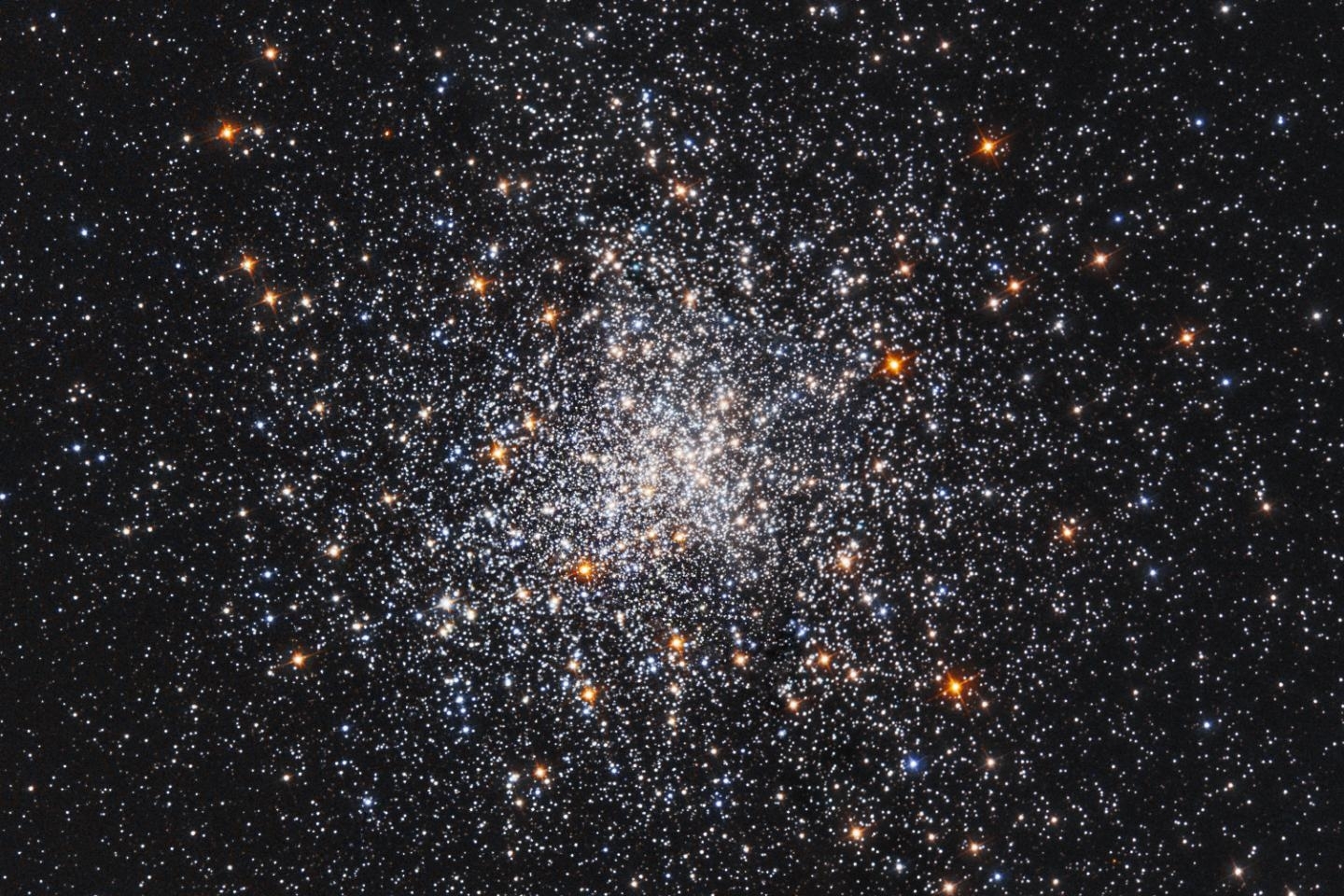This week in Space: Nasa's Alpha Centauri mission, Oumuamua, a luxury hotel at ISS and more
IBTimes UK's science team brings you the biggest and most important space stories of the week.





It has been a fairly busy week for astronomers trying to unravel the mysteries of deep space. The past few days saw several surprising announcements, the most interesting of which was Nasa's plan to travel all the way to Alpha Centauri, our closest neighbouring star system, to search for alien life. Although Nasa is yet to figure out the technology, funding and even a name for the mission, the American space agency hopes to achieve the mission within this century.
This week also saw more information revealed about our very first interstellar asteroid, Oumuamua. Although scientists are yet to discover any alien signals coming from the interstellar rock, some experts believe that Oumuamua could have frozen water trapped within its inner layers.
IBTimes UK brings you the highlights of the best space stories of the week to keep all you space nerds up to date on what's happening beyond our planet.
The creepy skull-shaped Halloween asteroid is coming back next year
An eerie skull-shaped asteroid that zipped past the Earth on Halloween in 2015 is making a reappearance in 2018. The asteroid is currently around 3.7 AU (astronomical unit – the approximate distance between the Earth and the Sun) away from Earth and is expected to flyby Earth sometime in November next year.
Uranus' 18 moons were created after a giant space rock crashed into the icy planet
A new study suggests that a giant, Earth-sized space rock crashed in Uranus long, long ago, which blew massive fragments out into its orbit – thereby creating the icy planet's massive 18 moons. Scientists also believe that the space crash caused the planet's axis to be tilted.
A five-star luxurious hotel – in space
Russia plans to open up a luxury hotel up in space. The Russian space agency, Roscomos, is reportedly looking at plans of adding a module to the International Space Station, which will serve as a luxury hotel for space tourists. Russia hopes to complete building the prototype model, which is slated to come with a luxurious suite, massive windows and even Wi-Fi, by 2022. The entire one-to-two-week trip to space can cost a cool $40m. But those willing to shell out an additional $20m could also be offered the opportunity to take a spacewalk and extend their trip to a month.
2017's biggest astronomical event may have given birth to a black hole
In August this year, for the first time ever, scientists detected light emitted from gravitational waves. Researchers studying the remnants of the astronomical phenomenon believe that it may have left behind a black hole. The new study can help shed light on not just the known universe but also help uncover the unknown parts of the universe.






